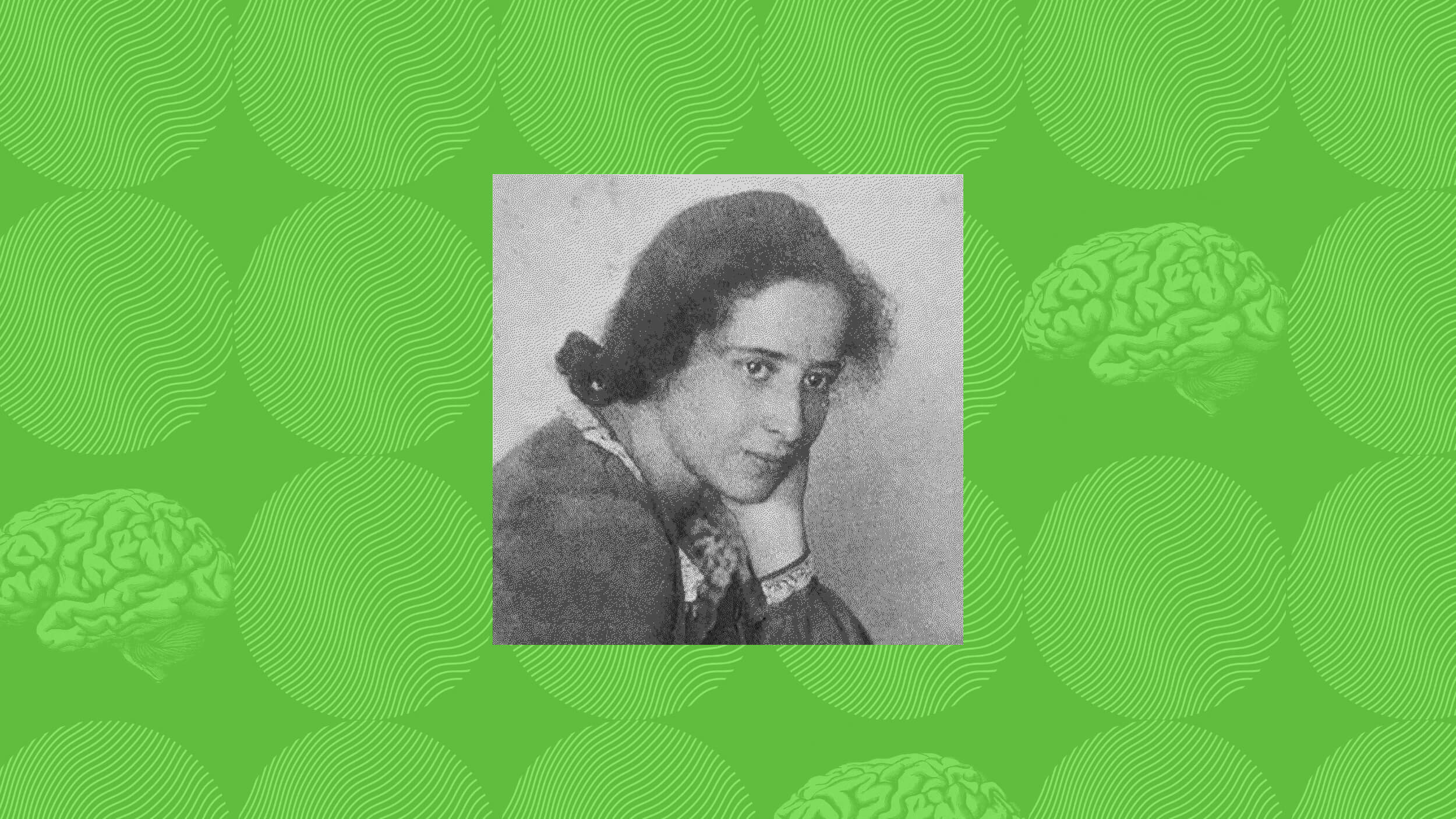There are everyday steps you can take—from anti-inflammatory drugs to a Mediterranean diet—that can reduce your chances of developing the disease.
Question: Are there any ways to prevent Alzheimer’s?
Gary Small: Right now, we don’t know the true cause for most cases of Alzheimer’s. There are some very rare cases where there is a genetic mutation, but for most people it’s not so clear cut. There are genetic risks, but there is also lifestyle issues that we’re beginning to learn about, so for example people who exercise regularly, get a lot of cardiovascular conditioning have a lower risk for getting Alzheimer’s disease. It’s probably that mental activity may protect us. Healthy diet, what’s good for your heart is also good for your brain, so a Mediterranean diet protects against Alzheimer’s disease. So there are many factors and there is probably drugs that people take that may protect against Alzheimer’s. Possible that anti-inflammatory drugs, maybe statins to lower cholesterol. We don’t know for sure so we don’t recommend these as preventive treatments. There is a lot we have to learn yet and the cause has not been pinpointed entirely, but there are a lot of interesting theories. There are little fibular protein deposits in the brain amyloid plaques and tangles that some people believe are causative. Oxidation may be an issue and so that’s why antioxidant foods as well as antioxidant vitamins may protect the brain and I think inflammation in the brain is also another key factor.
Question: Can you explain how inflammation is related to Alzheimer’s?
Gary Small: Basically inflammation is a process to correct problems in the body, so you know you get an inflammatory reaction if let’s say you get a splinter in your finger. It gets red. Cells attack the foreign body and this can go on anywhere in the body. What we find in Alzheimer’s disease there are these little amyloid plaques where there are elements of inflammation, little cells and debris that tells us that there in an inflammatory reaction. Now it’s possible that the abnormal insoluble plaque deposits create the inflammation, so the brain is trying to rid itself of the plaque or maybe there is something else going on, so we see that process in the brain and that’s why some of the strategies have involved using anti-inflammatory drugs to try to protect the brain.





